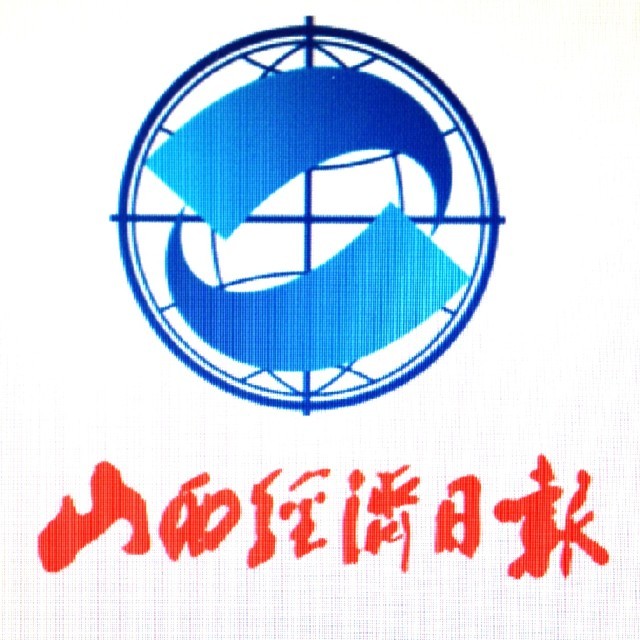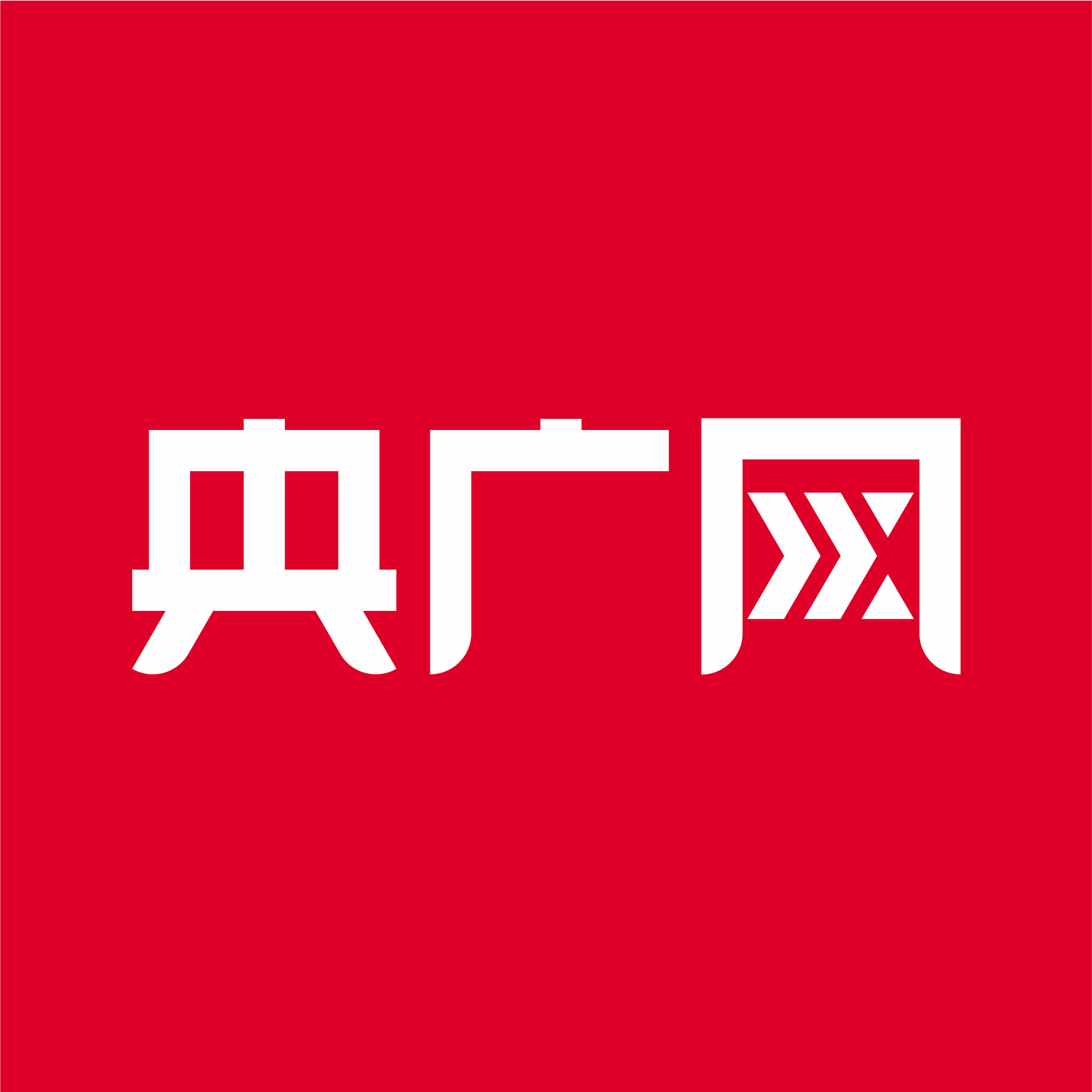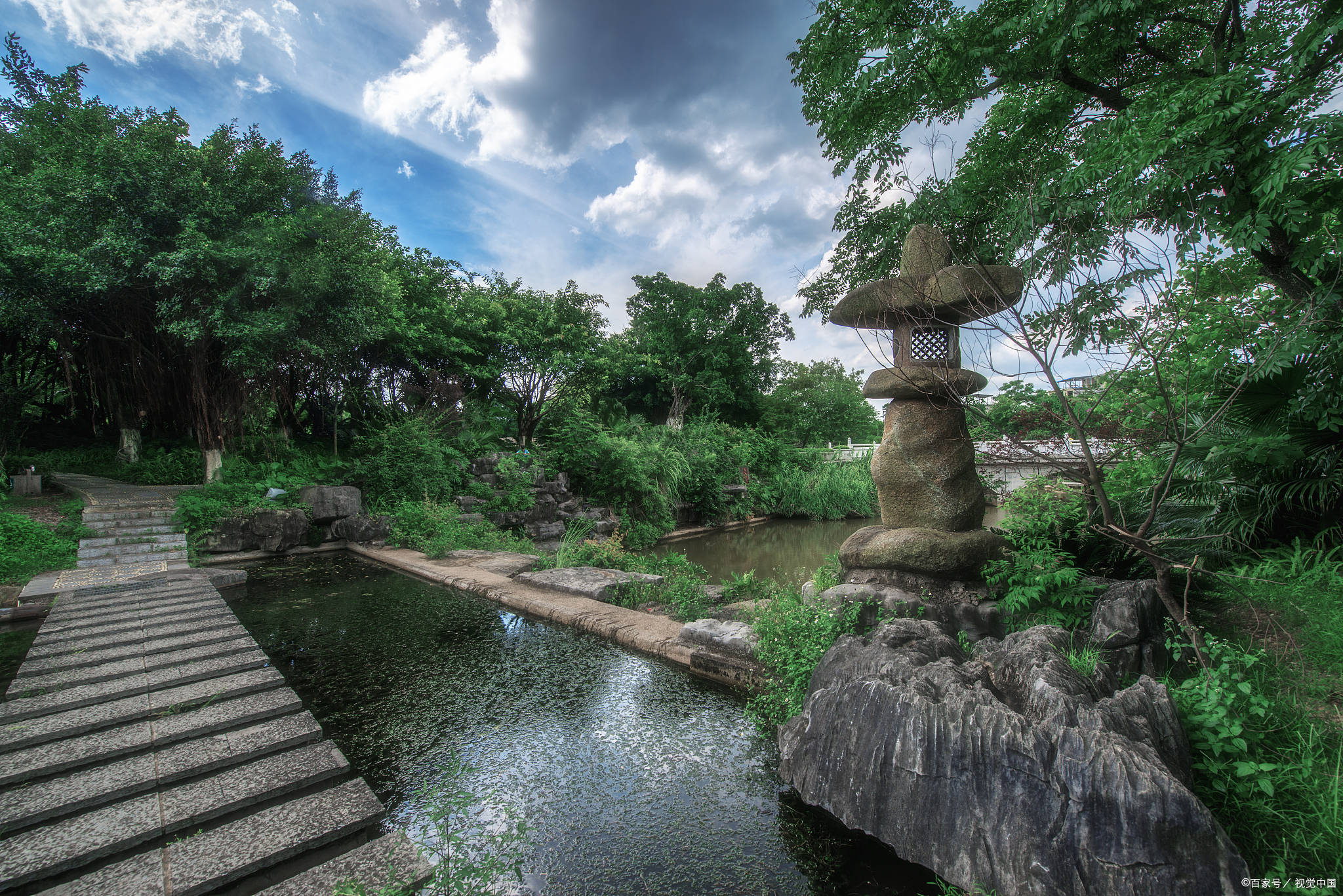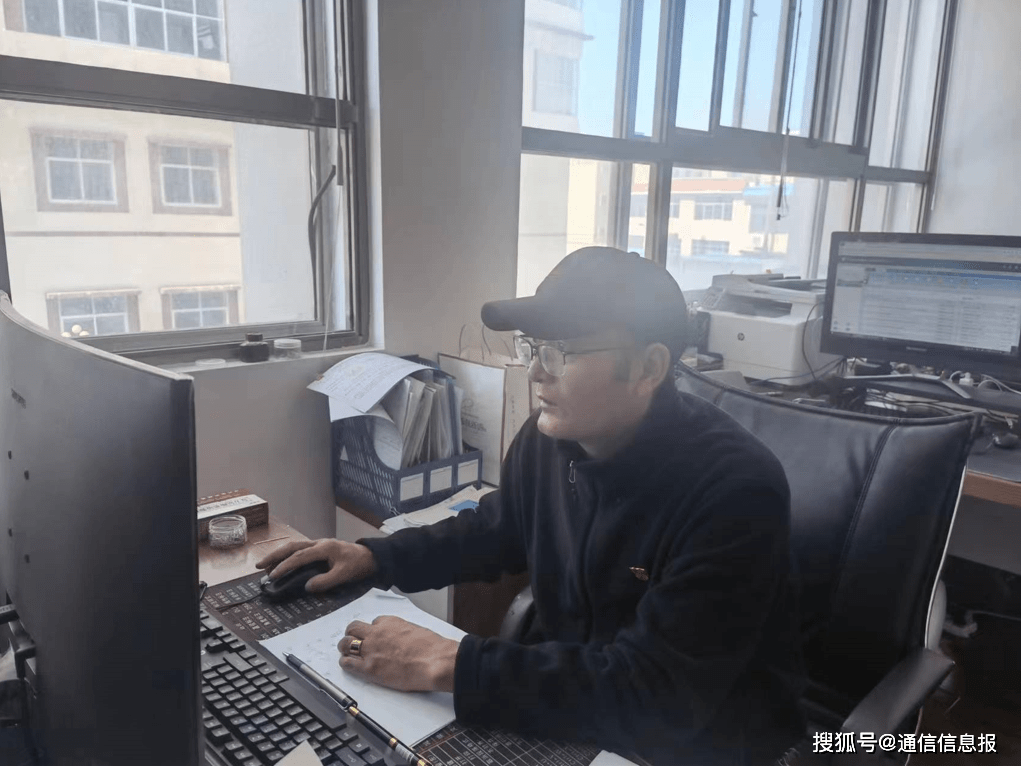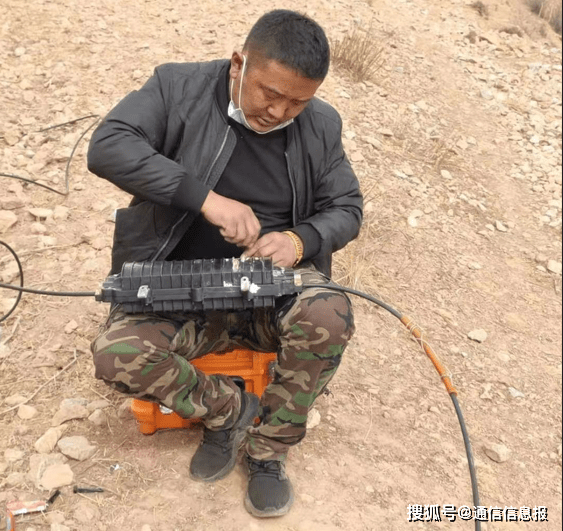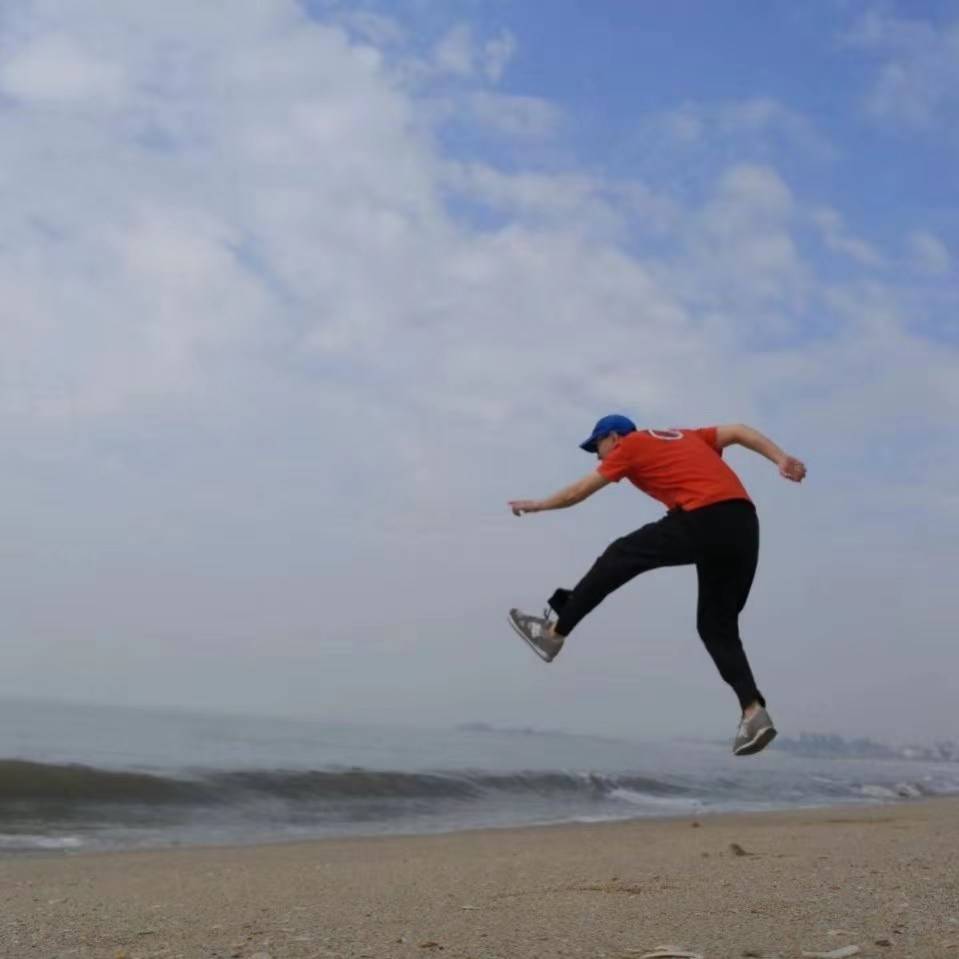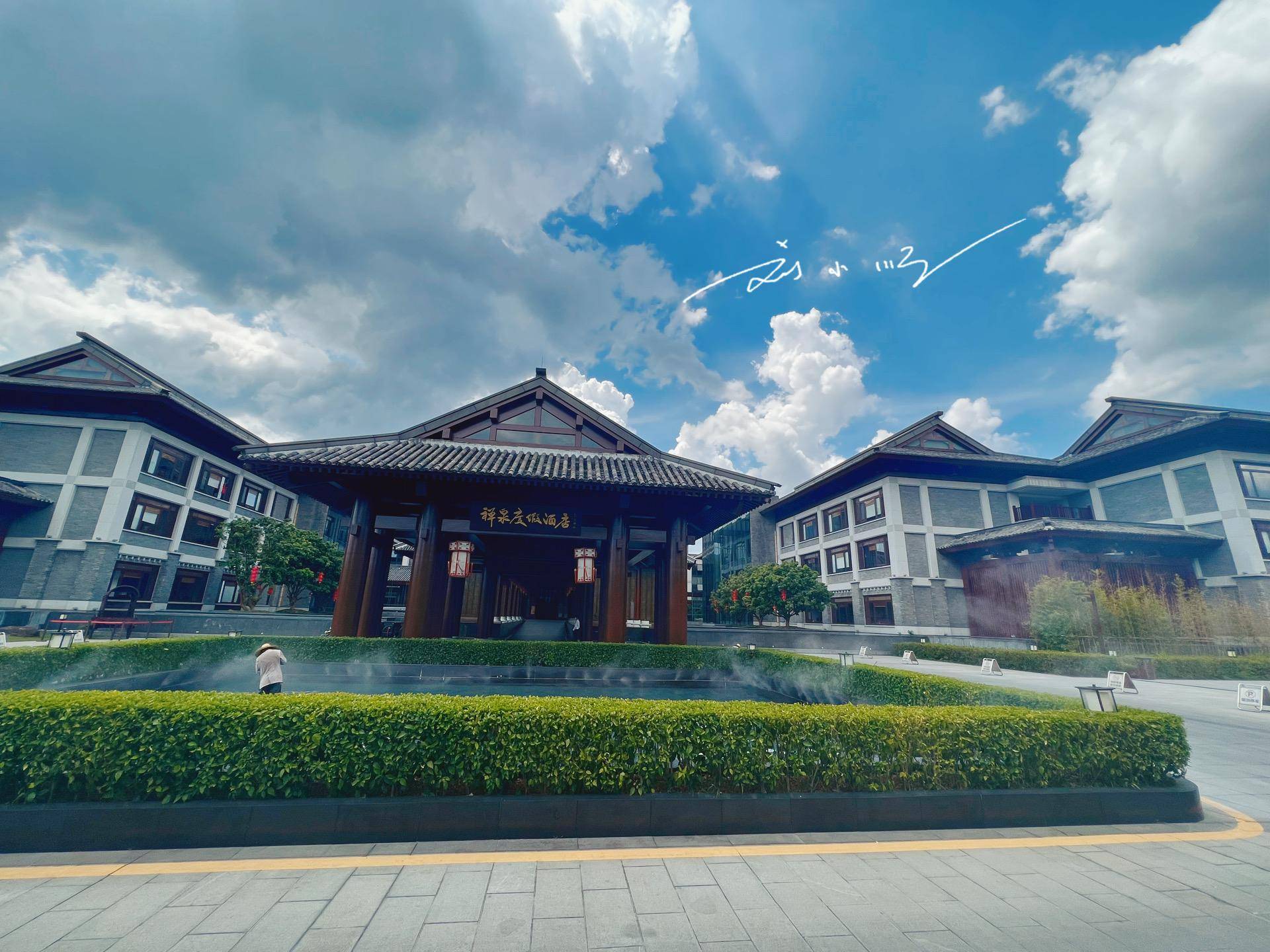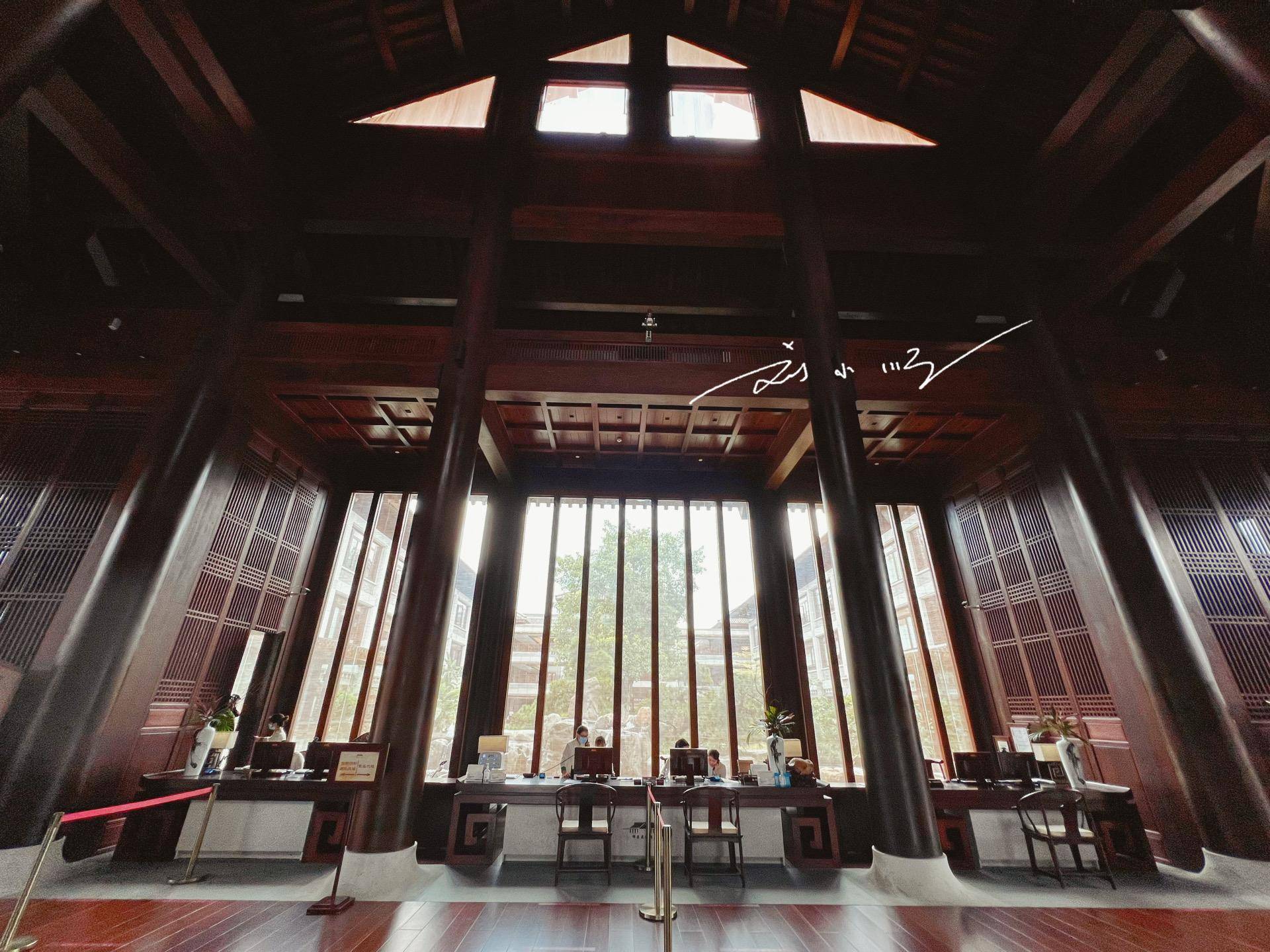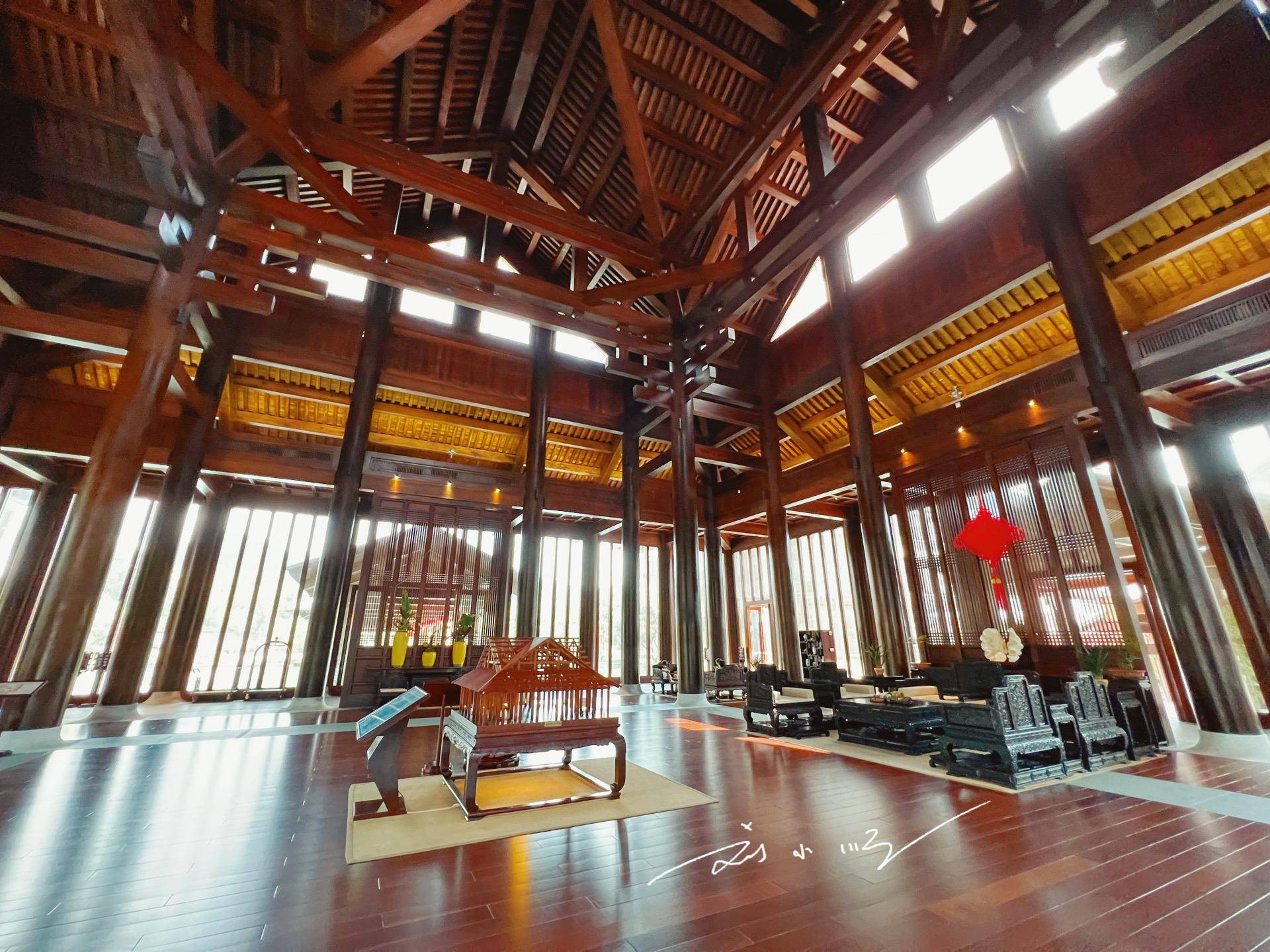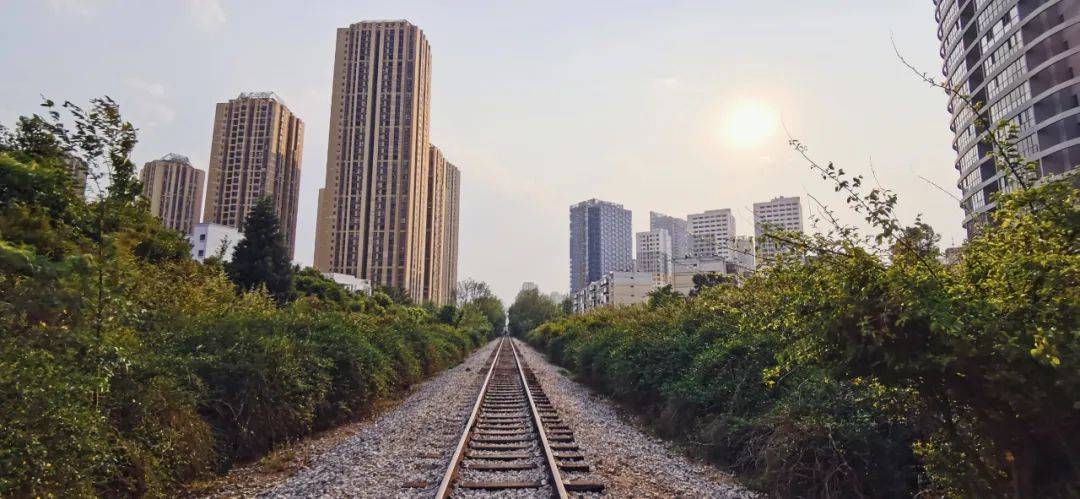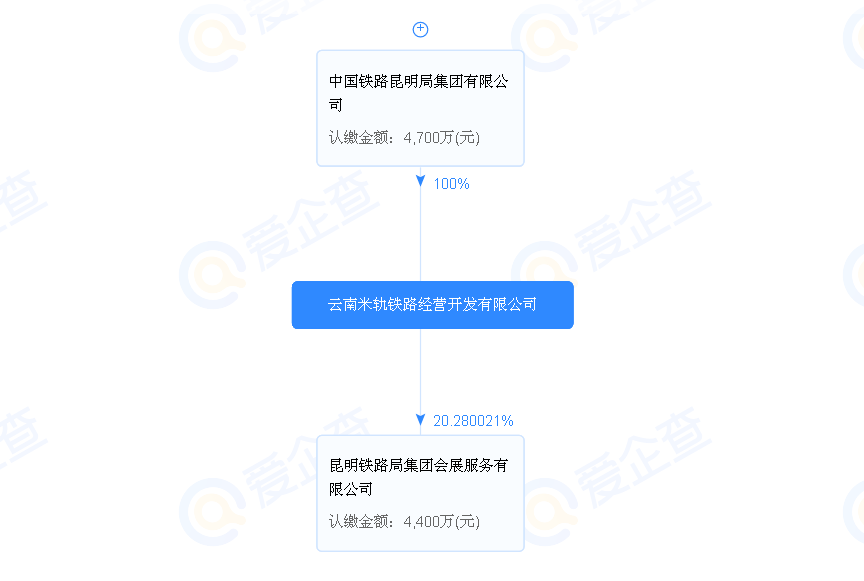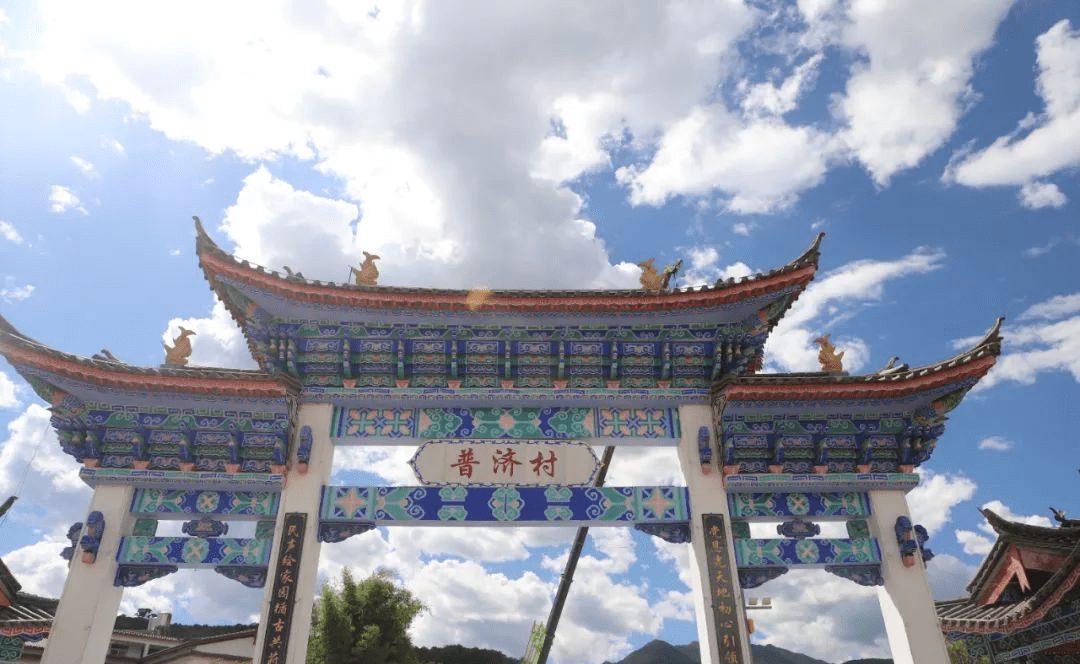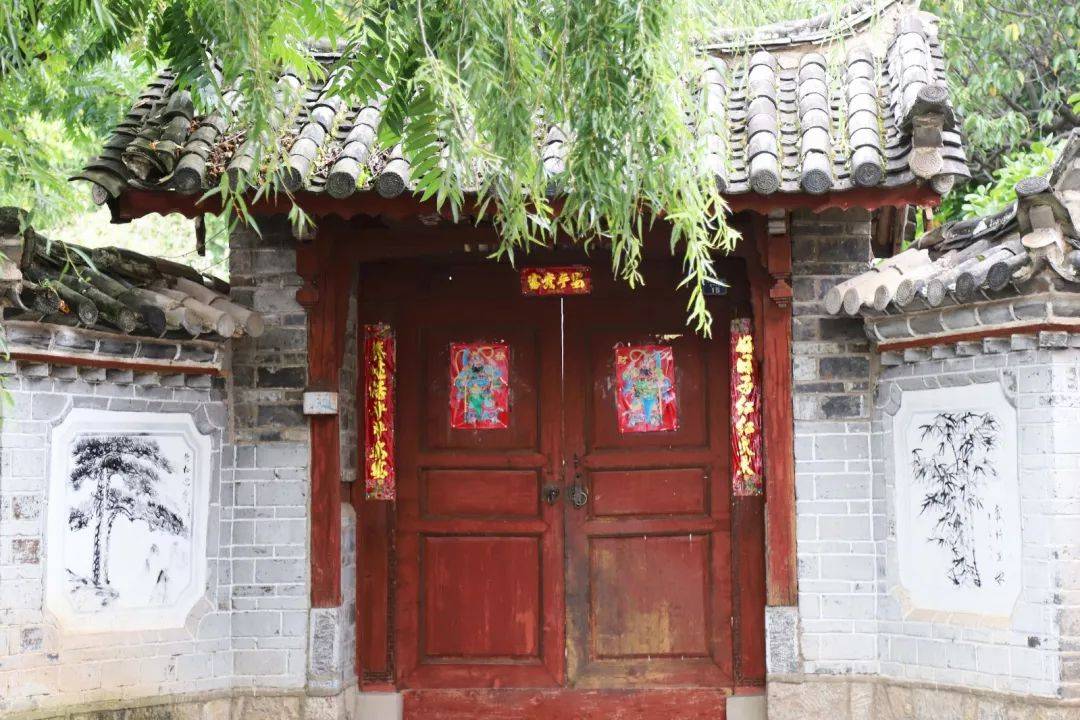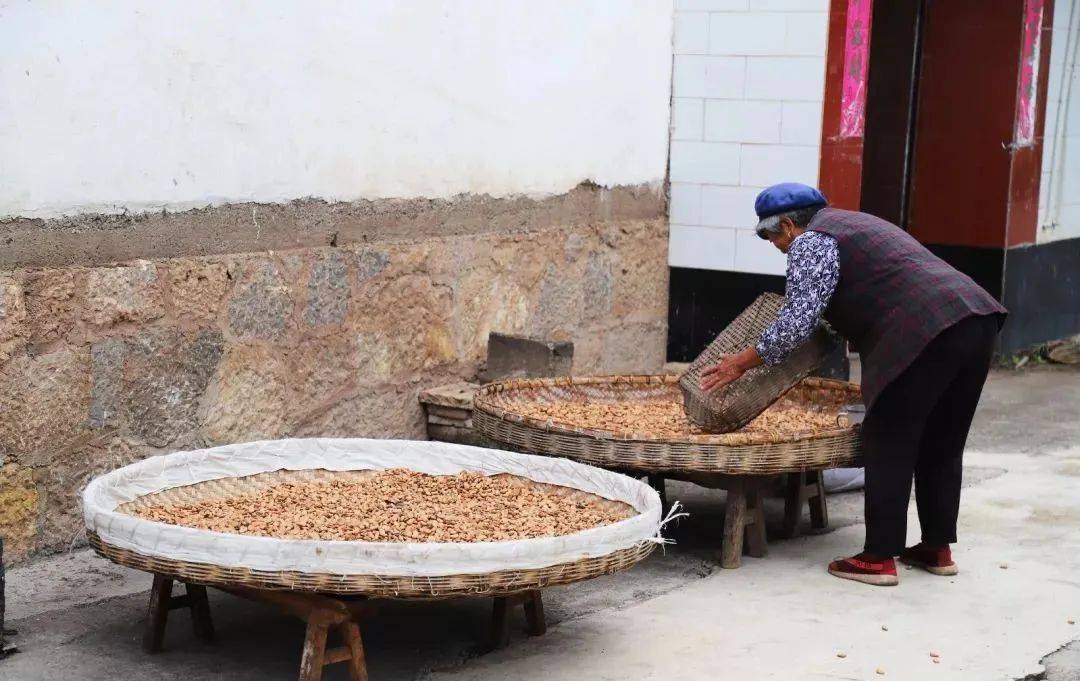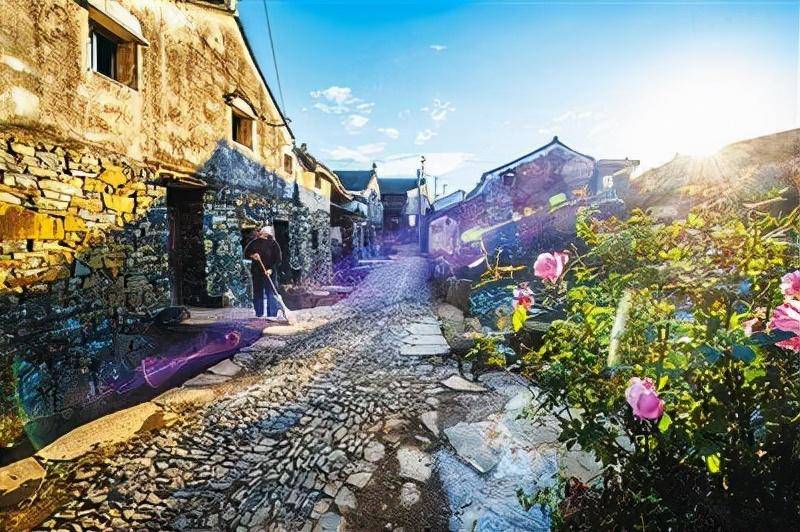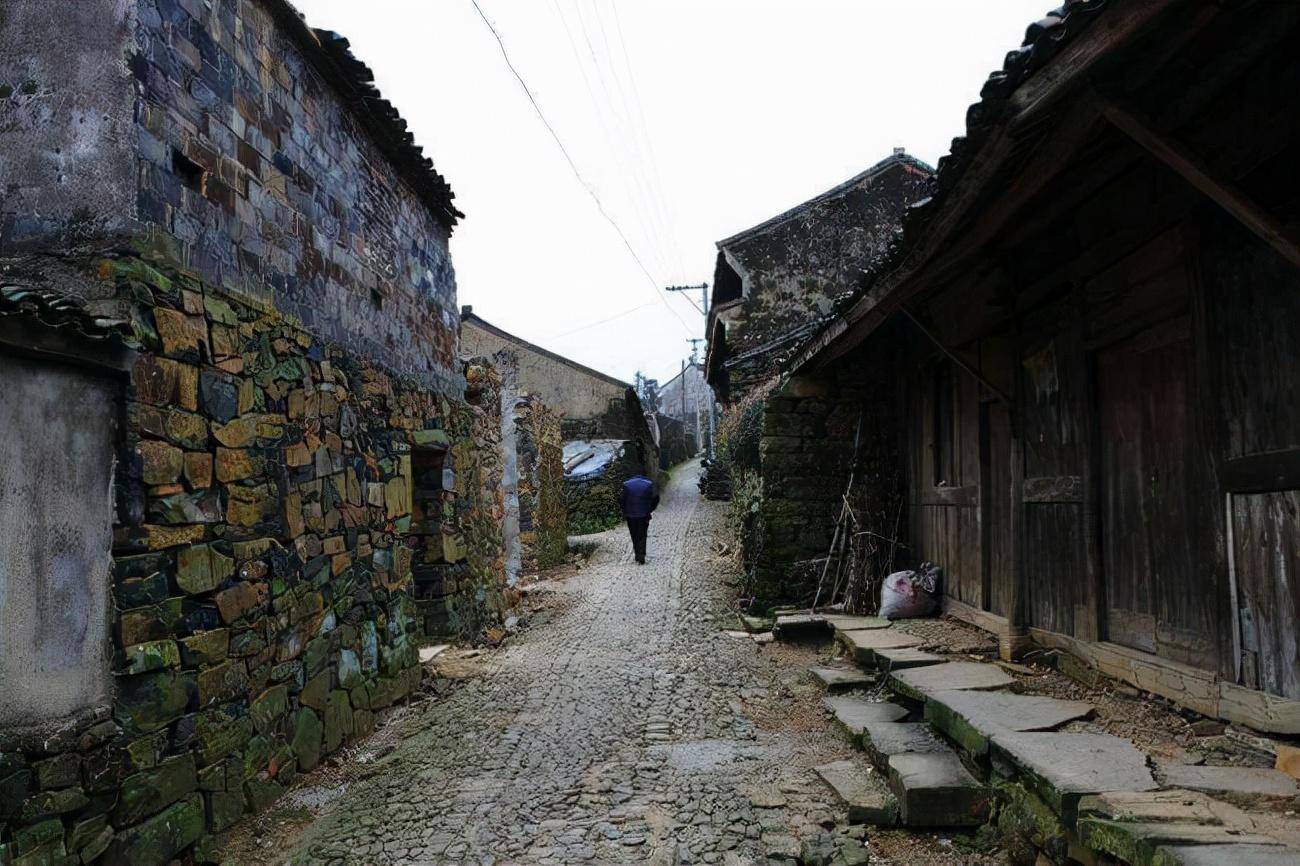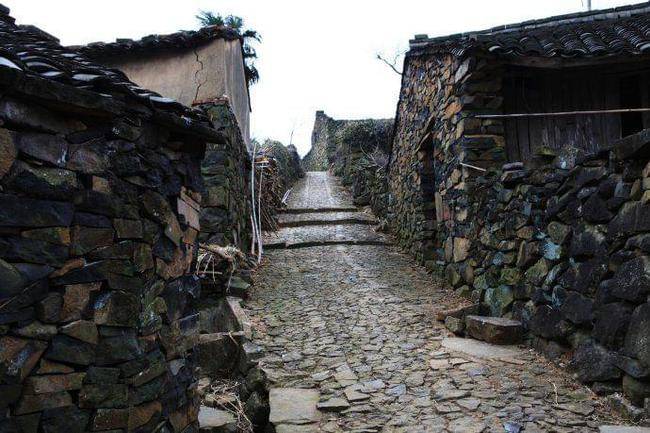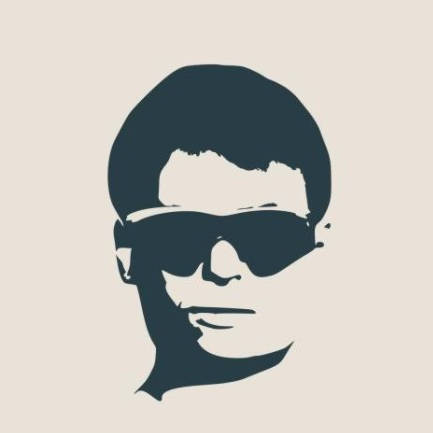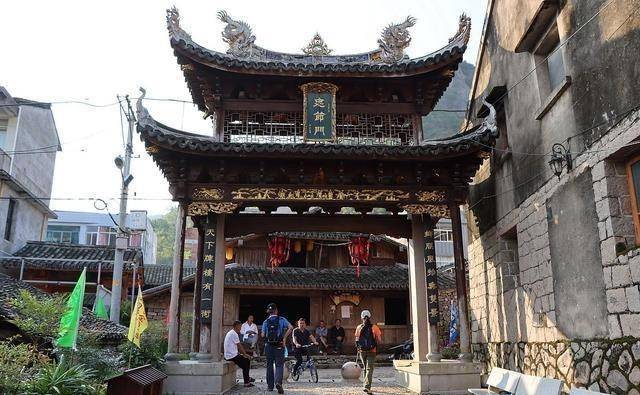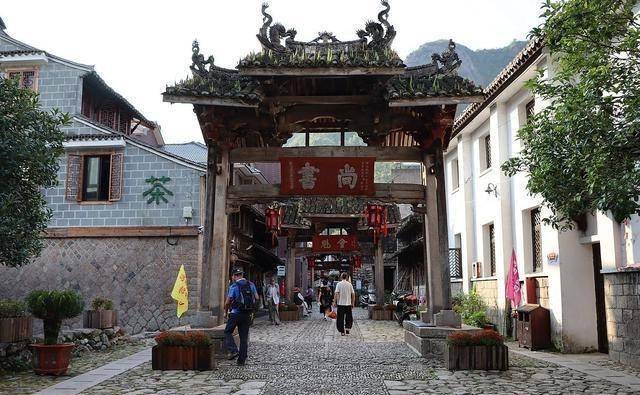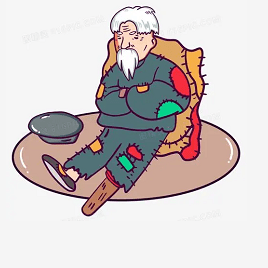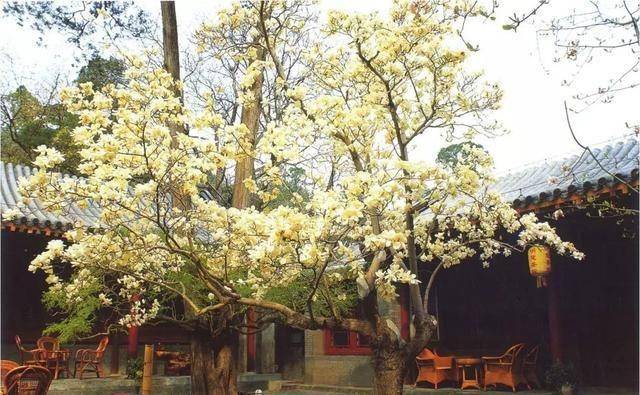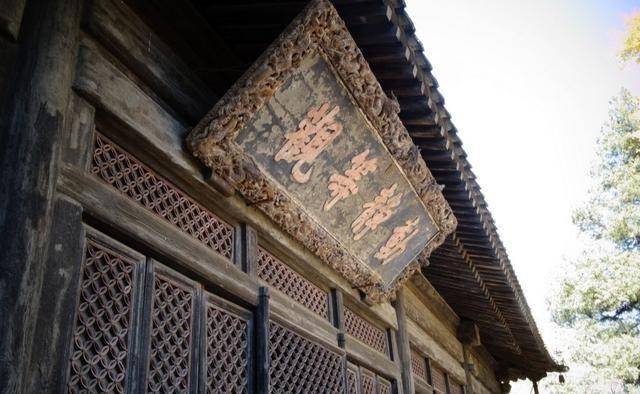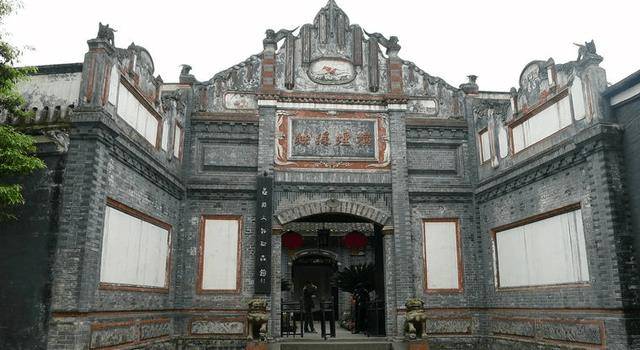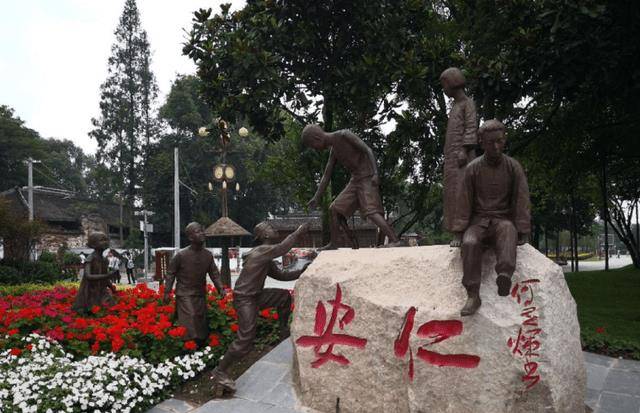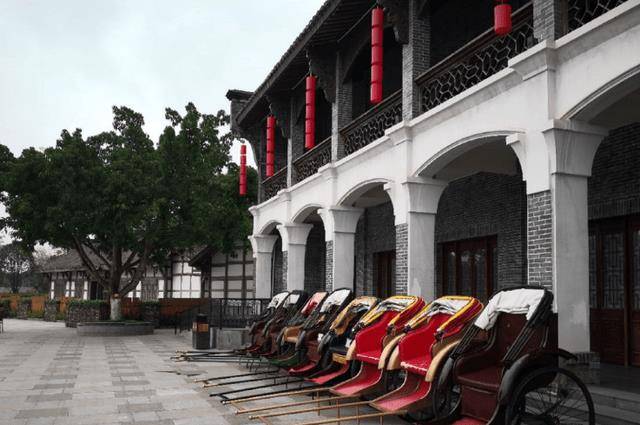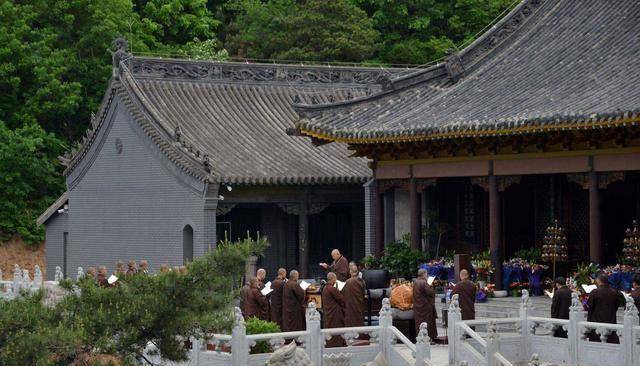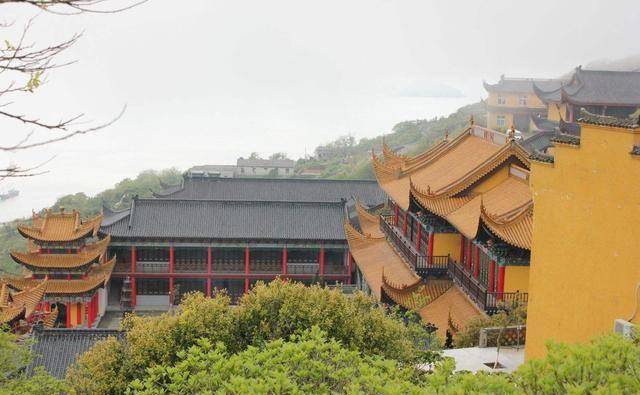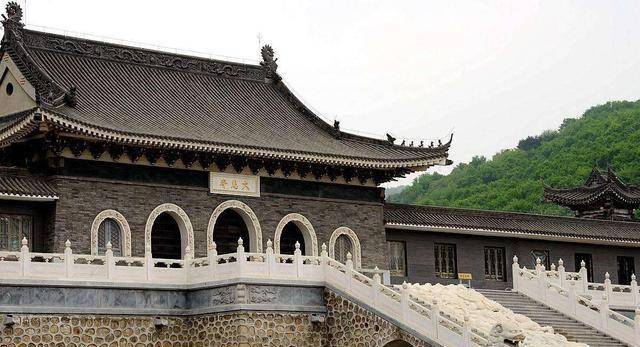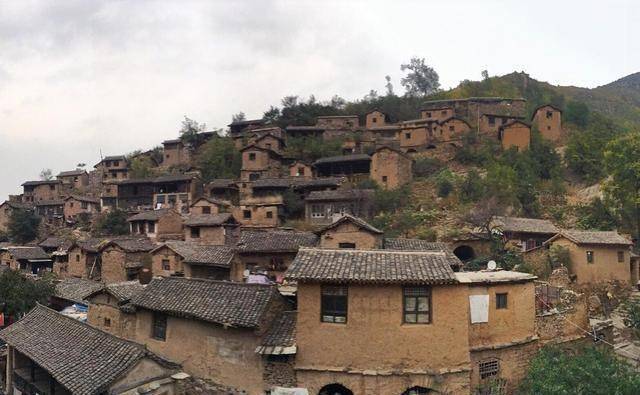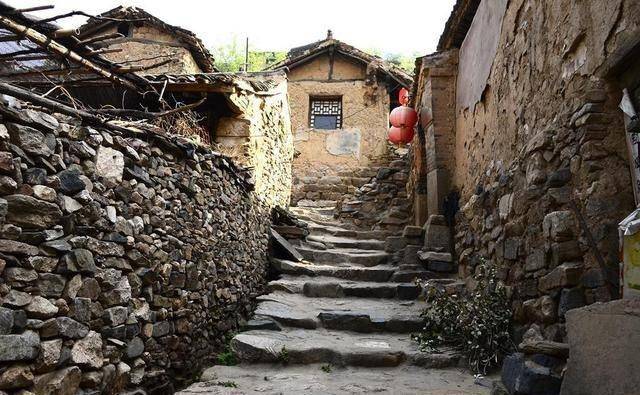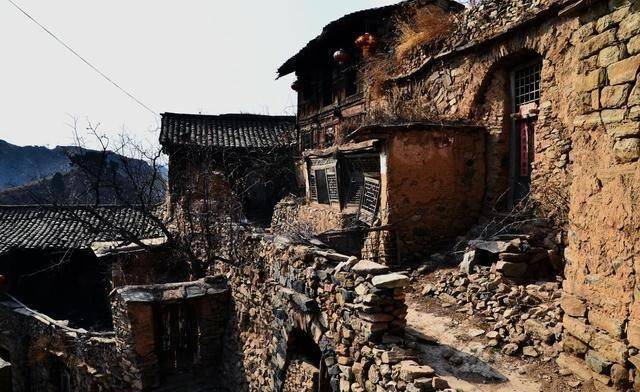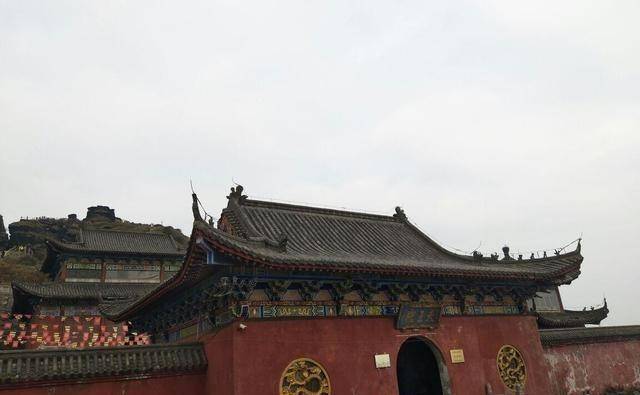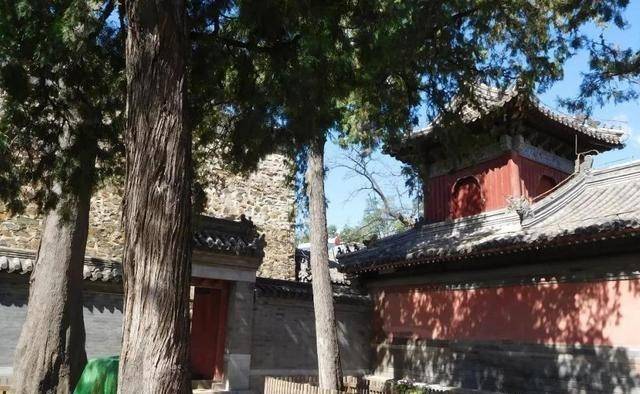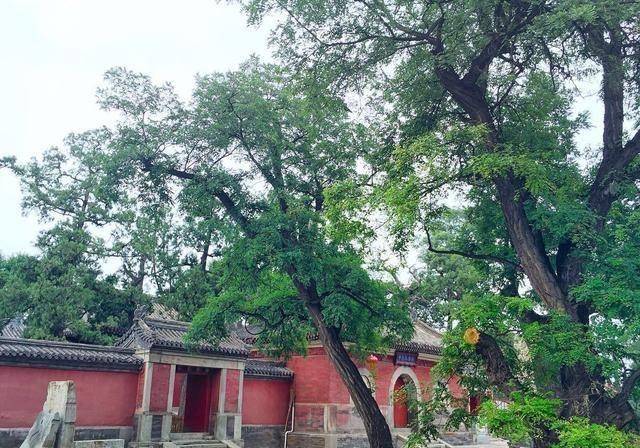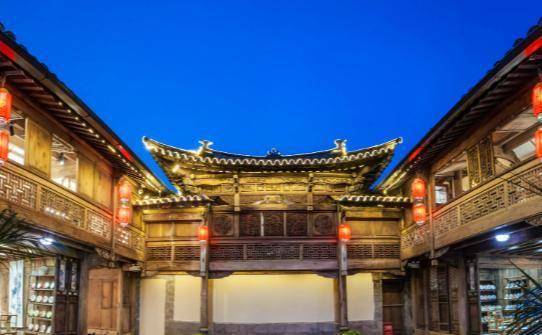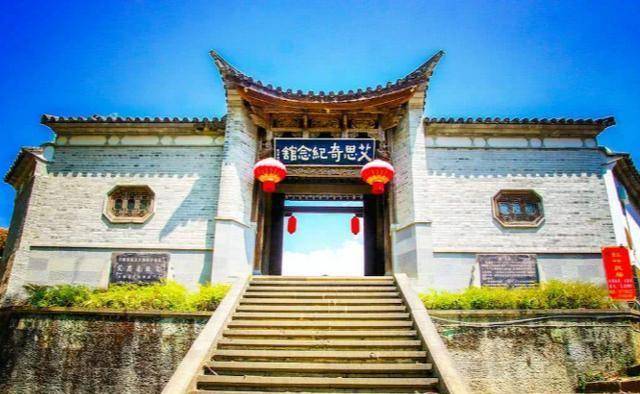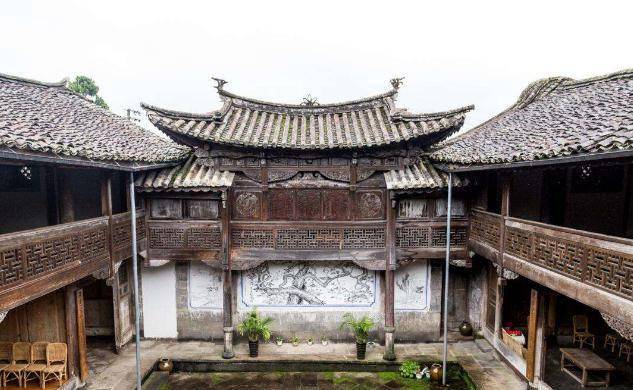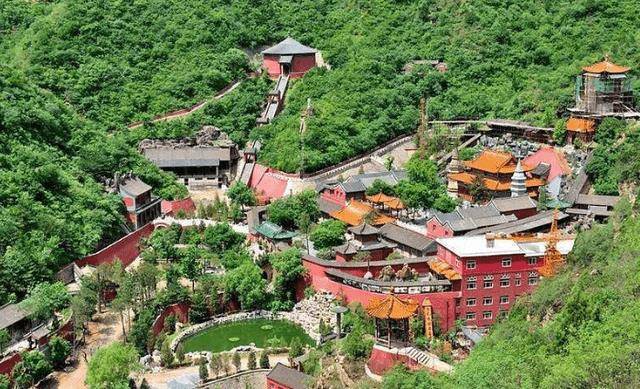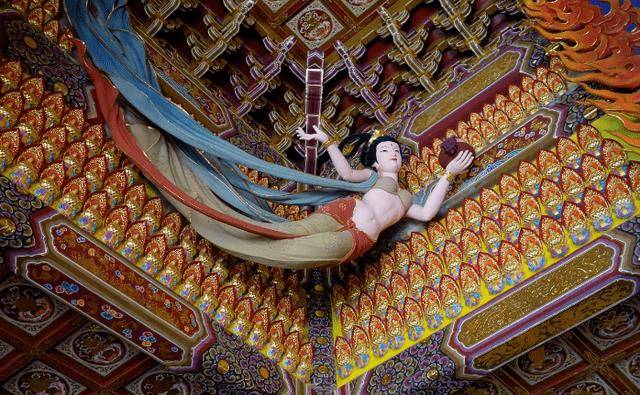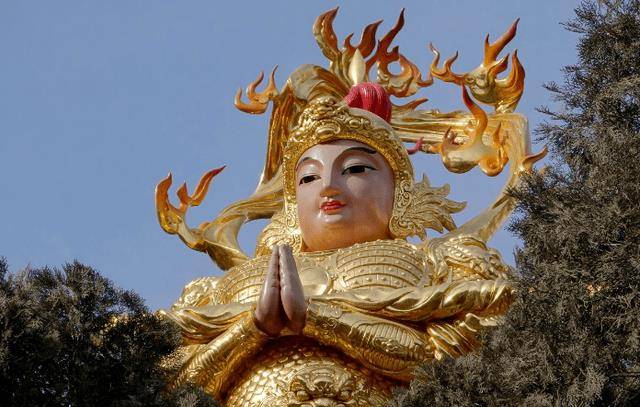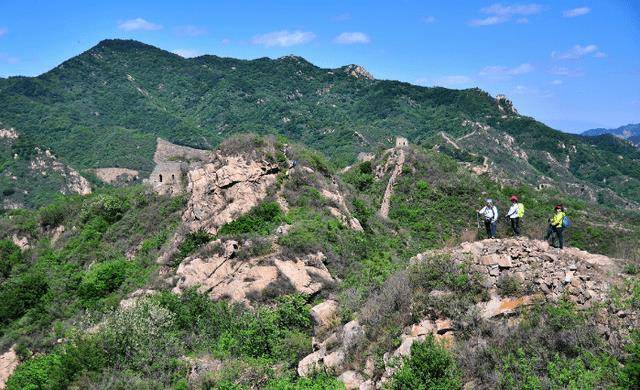这场地震震中在汶川县的映秀镇和北川县城。
过了几天,周兴和从国家公布的资料上得知:这场地震,烈度超过6度以上的面积达44万平方公里,其中烈度超过8度的面积为27786平方公里,烈度超过11度的面积为2419平方公里。前面说过,星河公司为川西城镇和乡村建设的上千栋房屋,大都在这些重灾区断裂带上!
这更让周兴和坐立不安食寐不宁了。
前面提到的,他们建设的彭州大宝镇九峰村“丹卉山庄”,就是在烈度达到11度的重灾区内。“丹卉山庄”附近的银厂沟风景区,在这场灾难中几乎全部毁灭,两座大山一瞬间震合在了一起,掩埋了在景区内的几百个游人,景区已不复存在。笔者所熟悉的四川大学沈教授家里5口人那天正进沟游览,被全都埋在了沟里,连同他从深圳回老家结婚的女儿女婿,让人闻之黯然神伤唏嘘落泪。
“丹卉山庄”离银厂沟直线距离仅仅只有一两千米。在2003年12月,四川建筑工程质量检测中心就鉴定它为“危房”、不能抗强度为6级、烈度为7度的地震——而今,在震级达到8级、烈度达到11度的大地震中,其能量大于6级地震的900多倍,它还存在吗?它的主人和客人有伤亡吗?如有伤亡,伤亡了多少人呢?
就是因为这个“丹卉山庄”拒付工程款,被建筑检测中心鉴定为“危房”后,被当地法院判决星河公司赔偿的案件,在四川地区产生多米诺骨牌效应,才使周兴和的公司频临破产,才让他放弃了国内市场,到海外寻求发展。
此时,这个让他魂牵梦绕的“丹卉山庄”,他多想去探个究竟呀!
但,去银厂沟的道路全部毁损,交通全部中断,余震频发,飞石不断,那里已全线实行了交通管制,非救援部队和人员都不允许进入那个地区。周兴和从电视中看见,为了最后搜寻银厂沟里幸存的生命,部队组织了一支十几个人的敢死队。出发前,一位将军亲自给每个敢死队员敬了一碗酒。敢死队员每人喝下将军敬的酒,大气凛然将酒碗往地上一砸,毅然决然冒着滚滚的飞石往山上爬去。那场面,真有点“风萧萧兮易水寒,壮士一去不复返”的悲壮情境。
去不了银厂沟,5月31日一早,周兴和便搭乘部队到震中汶川县接运伤员的直升机,准备对公司在那里建设的住房进行实地踏勘调查。
飞机从成都凤凰山机场起飞,逐渐爬高,沿着岷江山谷朝汶川县飞去。从飞机上鸟瞰地震后的村镇和山川,周兴和禁不住黯然神伤:往日鲜活的村镇,已经变成一片片残破的废墟;往日秀丽的山川,已经变得满目疮痍伤痕累累;往日清澈明亮的岷江,已经变得浑浊狭窄,从山上垮塌的岩石和泥沙,还不断滚落江中,激起冲天的浊浪!
直升机在汶川降落后,眼前的景象,比周兴和在都江堰看到的情形更加惨烈,连太阳也变得狰狞,连空气也几乎让人窒息。为了赶时间,他一下飞机,冒着不断袭来的余震,就赶紧进行实地踏勘。行走在一片片废墟中,越走他腿脚越是沉重,越走他心情越是沉痛。
但,他来到汶川县,也感到了些许的安慰。
在汶川县城工商大楼前,他站住了。他清楚地记得,这栋大楼是2003年建造的,大楼的二、三层使用了他公司的“五防轻体隔墙板”。建设时,这里的墙板采用了专用材料粘合,在板与板连接处的预埋件用了电焊焊接。地震后,隔墙板没有倒塌损坏,墙壁没有任何裂缝,而同一大楼其它的砖墙已经全部倒塌。
来到汶川县威州镇双河村,他发现这里的“双河市场”也是使用的星河公司“五防轻体隔墙板”,虽然建筑时没有采用专用补缝粘合剂,预埋件也没有采用电焊焊接,但震后墙体并没有倒塌,只是板与板之间出现裂缝而已。
再走再看,这里凡采用他公司“无防轻体隔墙板”的建筑,隔墙板都没有断裂和倒塌。周兴和在感到稍微放心的同时,边走他也边在思索:既然自己生产的隔墙板能够经受这震中最严酷的考验,那么,在其它地区,应该和这里的情况差不多,或许会更好一些。那么,在而今灾民露宿野外、余震依然不断的情况下,为什么不用自己的建材多为灾民盖一些过渡房呢?同时,在灾后重建的过程中,在这些地震频发的断裂带上,何不呼吁政府多建一些这样的房屋呢?……
怀着这样的心理,当天下午,周兴和就急切地想赶回公司去,布置下一步抗震救灾的事宜。当他来到直升机停机坪上,准备搭返程的直升机回到成都。阴差阳错,他搭乘的这架米—171直升机,就是烈士邱光华机长驾驶的734号飞机。
直升机停在草坪上,螺旋桨还在旋转,随时准备起飞返回。周兴和与机组的人在这架飞机前合了个影,登记了自己的姓名和手机号后,登上了直升机。可鬼使神差,就在直升机要起飞前,下面又急急用担架送来一个重伤员。由于机舱里伤员太多,机组人员同周兴和商量,要他改乘下一架直升机。抢救伤员当然要紧,周兴和便主动下了这架直升机。
就是这样一个突如其来的变故,不但让周兴和与机组5位烈士最后见过面,还留下了这架直升机最后一张完整的照片,也在另一架机上听到了邱光华机长最后的声音,成为734号直升机上唯一的“幸存者”。
新华社记者在《邱光华烈士所在失事飞机“幸存者”》的通讯稿中,这样记述了当时的情形:
“失事飞机上登记了19个人的姓名和手机号,最终只找到了18具遇难者遗体,因为我虽然登了记,但起飞前我下了飞机。”
四川星河建材公司董事长周兴和在他办公室里,边翻着汶川地震时他与失事直升机最后的合影,边回忆那场抗震救灾的经历。
2008年5月31日下午,周兴和从汶川返回成都,他乘坐的直升机与随后起飞的另一架直升机,突然遭遇大雾和强气流。不幸的是,另一架直升机失事,飞机上的邱光华机长等18人全部遇难。
“本来我已做了登机登记,也坐上了邱光华机长的飞机,但因飞机上伤员太多,我就把位置让了出来。”
周兴和回忆道,邱光华机长驾驶的直升机上因为有重伤员在包扎,所以比他乘坐的直升机大约晚起飞10分钟。他坐在另一架直升机机长后面的位置,清楚地听到了两名机长之间的对话。周兴和说,当时飞机周围除了密布的云雾外,什么都看不到,能见度极低。直升机的发动机嘎嘎作响。
“大雾来了,我们都升上去!”这是周兴和最后一次听到邱光华机长的声音。
周兴和乘坐的直升机在爬升到比山还高的云层之后,于下午3时许平安返回机场。可是一个多小时候,周兴和也没看到邱光华的直升机回来。
第二天早上,周兴和接到一位抗震救灾朋友的电话,对方对能够打通他的电话感到很意外,问:“你回来了?”
“回来了。”周兴和说。
“回来就好!回来就好!”对方连续说了3个“回来就好”,让周兴和感到可能有事情发生。
当天下午,周兴和再次接到朋友的电话,被告知邱光华飞机失踪的消息。当时周兴和心存侥幸,希望那架直升机只是执行其他任务去了。直到6月10日,失事直升机的残骸被发现,周兴和才意识到那架飞机真的出事了,而自己成了幸存者。
“既然我逃过了那场灾难活了下来,我就该为灾区人民、为需要帮助的人做更多的事情。”周兴和说到此处,不免有些激动。地震后,他冒着余震,多次到灾区帮助受灾群众,为灾区捐款、送粮、送水,还送去他自己发明并获得国家专利的产品——五防轻体隔墙板,帮助汶川县等地的受灾群众建房……
让人们记忆犹新的是,在那段时间里,人们天天打开电视机,最关心的就是邱光华机长驾驶的734号直升机的失踪,这是全国人民最揪心的事;寻找他的飞机和搜救机组及机上人员,也无时无刻不在牵动着全国人民的心。
机场肃穆,哀乐低回。2008年6月13日上午,机组5位烈士在踏上743号直升机第64次飞行的第13天,终于回到了他们战斗和生活的成都凤凰山机场——冰冷的灵柩封存了曾经鲜活的躯体,催人泪下的哀乐取代了熟悉的直升机的轰鸣……这一刻,苍天垂泪,举国同悲。
周兴和此时正在加拿大出席世界建材会议,未能到凤凰山机场去迎接烈士们魂归军营。他只能在遥远的异国他乡,遥望着祖国的土地,默默为英雄落泪,默默为英雄致哀,祈求他们英灵安息……
Aircraft crash survivor
The earthquake was centered in Yingxiu Town in Wenchuan County and Beichuan County.
A few days later, Zhou Xinghe learned from the data released by the state that the earthquake had affected an area of 440,000 square kilometers with an intensity of over 6 degrees, of which 27,786 square kilometers had an intensity of over 8 degrees and 2,419 square kilometers had an intensity of over 11 degrees. As mentioned earlier, Xinghe Company had built thousands of houses for the towns and villages in western Sichuan, most of which were located on the fault zones of the worst-hit areas.
This made Zhou Xinghe restless.
As mentioned above, the Danhui Mountain Villa in Jiufeng Village, Dabao Town, Pengzhou, was located in the worst-hit area with an intensity of 11 degrees. "Danhui Mountain Villa" was near the Yinchanggou Valley Scenic Area, which was almost all destroyed in the disaster, for two mountains collapsed together in the earthquake, and buried hundreds of tourists in the scenic area, and the scenic area had no longer existed. Five people of the author’s familiar family of Professor Shen of Sichuan University, were to visit the scenic area that day, and they were all buried in the valley, together with his daughter and son-in-law who got married back home from Shenzhen, which really made people feeling sad and sobbed.
"Danhui Mountain Villa" was only one or two kilometers away from Yinchanggou Valley in the straight-line distance. In December of 2003, the Sichuan Construction Engineering Quality Testing Center identified it as a "dangerous building", unable to resist the earthquake intensity of 6 degrees, and seismic intensity of 7 degrees - now, in an earthquake magnitude of 8 degrees, and seismic intensity of 11 degrees, its energy was more than 900 times greater than the earthquake of intensity of 6 degrees, did it still exist? Were there any casualties among its owners and guests? If there were casualties, how many?
It was because this "Danhui Mountain Villa" refused to pay the project construction payment, was identified as "dangerous building" by the construction testing center, and was judged by the local court that Xinghe Company made the compensation, which produced a domino effect in Sichuan region, Zhou Xinghe's company was on the verge of bankruptcy, so that he gave up the domestic market, to seek for development overseas.
At this time, he just wanted to see how this "Danhui Mountain Villa" was!
However, the road to Yinchanggou had been completely damaged, the traffic had been disrupted, the aftershocks frequently occured, and the rocks were flying; there had been a full line of traffic control, and the non-rescue troops and personnel were not allowed to enter the area. Zhou Xinghe saw from the television, that in order to search for the final survivors in Yinchanggou, the army organized a death squad of a dozen people. Before setting out, a general personally presented each of the expendables with a bowl of wine. The death squads drank the wine, smashed the bowl to the ground majestically, and resolutely braved the rolling stone to climb to the mountain. That scene was really a bit solemn and stirring to "press forward with indomitable will".
Since they could not go to Yinchanggou, early in the morning on May 31, Zhou Xinghe took the army helicopter to the epicenter of Wenchuan County to pick up the wounded, ready to survey the houses built by the company there.
The helicopter took off from Chengdu's Fenghuangshan Airport and climbed gradually up along the Minjiang Valley toward Wenchuan County. From the helicopter to looking down to the villages and mountains after the earthquake, Zhou Xinghe could not help feeling dejected: in the past, the lively villages and towns, had become the broken ruins; the beautiful mountains and rivers in the past had become scarred and devastated; the Minjiang River, once clear and bright, had become turbid and narrow. The rocks and silt that collapsed from the mountains still continued to roll down to the river, stirring up the turbid waves soaring into the sky!
After the helicopter landed in Wenchuan, the scene was even more tragic than what Zhou Xinghe had seen in Dujiangyan, with the sun becoming ferocious and the air almost suffocating. In order to save time, he got off the helicopter and, despite the aftershocks, hurried on a field survey. Walking in the ruins, the more he walked the heavier his legs and feet were, and the sadder his heart was while he walked more.
But, when he came to Wenchuan County, he felt a little comfort.
In front of the Industrial and Commercial Building of Wenchuan County, he stopped. He clearly remembered that the building was built in 2003, and that his company's "five-proof lightweight partition boards" were used on the second and third floors. During the construction, special materials were used to bond the wallboard and electric welding was used for the embedded parts at the connection between the boards. After the earthquake, the partition board remained intact and there were even no cracks in the walls, while all other brick walls in the same building had collapsed.
Coming to Shuanghe Village, Weizhou Town, Wenchuan County, he found the "Shuanghe Market" here was used the "five-proof lightweight partition boards" of Xinghe Company; although it did not use special seam adhesives, and the embedded parts did not use the electric welding, the wall also did not collapse after the earthquake, just with cracks between the boards.
Moving and looking again, the partition wall board of all the buildings here used Xinghe Company's "five-proof lightweight partition boards", had not broken or collapsed. As he walked with some relief, Zhou Xinghe wondered if his wall boards could survive in the epicenter of the earthquake, it would be similar, and perhaps better, in other places. So, now under the circumstances that the victims lived in the open field, and there were the aftershocks, why not build some more transitional houses by their own building materials for the victims? Meanwhile, in the process of reconstruction, why not call on the government to build more such houses along these earthquake-prone fault zones? ...
With such thoughts, that afternoon, Zhou Xinghe was eager to go back to the company, to arrange the next step of earthquake relief matters. When he reached the helipad, and was ready to take the helicopter back to Chengdu. By accident, the MI-171 helicopter he was going to take was the helicopter No. 734 piloted by the martyred Commander Qiu Guanghua.
The helicopter was parked on the lawn, its propeller still spinning, ready to take off and return Chengdu. Zhou Xinghe and the crew took a photo in front of the helicopter, registered his name and mobile phone number and boarded the helicopter. But in a curious coincidence, just before the helicopter to take off, a seriously injured person was sent by the urgent stretcher. Because there were so many casualties in the cabin, the crew discussed with Zhou Xinghe and asked him to take the next helicopter instead. Of course, it was important to rescue the wounded, so Zhou Xinghe took the initiative to get out of the helicopter.
It was such a sudden accident, which not only let Zhou Xinghe meet the crew of the 5 martyrs, and also leave the last picture of this helicopter; he also heard the last voice of Captain Qiu Guanghua in another plane, and became the only "survivor" of helicopter No. 734.
In a news release titled "Survivor in Helicopter Crash of Qiu Guanghua," a Xinhua journalist described the situation as follows:
"Nineteen people were registered with their names and cell phone numbers on the crashed helicopter, and only 18 bodies were found because I got off the helicopter before takeoff, even though I also had checked in."
In his office, Zhou Xinghe, chairman of Sichuan Xinghe Building Materials Co., Ltd., rummaged through the last photo with the crashed helicopter during the Wenchuan earthquake and recalled the experience of disaster relief.
On the afternoon of May 31, 2008, when Zhou Xinghe returned to Chengdu from Wenchuan County, the helicopter he was in and another one that took off after him were suddenly hit by fog and strong turbulence. Unfortunately, the other helicopter crashed, and killed all 18 people on board, including Captain Qiu Guanghua.
"I had already checked in and was on Captain Qiu Guanghua's helicopter, but there were too many injured people on the helicopter that I gave up my seat."
Zhou recalled that the helicopter piloted by Qiu Guanghua took off about 10 minutes later than the one in which he was flying because of the bandages of severely injured people. Sitting behind the captain of the other helicopter, he could clearly hear the conversation between the two captains. Zhou Xinghe said that nothing could be seen except the dense clouds around the helicopter, and the visibility was extremely low. The helicopter's engine rattled.
"The fog is coming. Let's lift up!" That was the last time Zhou Xinghe heard Captain Qiu Guanghua.
Zhou's helicopter returned safely to the airport in Chengdu at about 3 pm after climbing to a cloud level higher than a mountain. But more than an hour, Zhou Xinghe did not see Qiu Guanghua's helicopter back.
In the next morning, Zhou Xinghe received a call from a friend of earthquake relief. The caller was surprised to get through to him and asked: "Have you come back to Chengdu?"
"Yes, I am back." Zhou Xinghe said.
"Good! It’s good to come back!" The caller said "good to come back" for three times in a row, which made Zhou Xinghe feeling something bad might happen.
In the afternoon, Zhou Xinghe received another call from a friend, who told him that Qiu Guanghua’s helicopter was missing. At the time, Zhou Xinghe just hoped the helicopter was just on another mission. It wasn't until June 10, when the wreckage of the crashed helicopter was found, that Zhou Xinghe realized that something had really gone wrong with the helicopter and that he was a survivor.
"Now that I have survived from the disaster, it is up to me to do more for the people in the disaster area and for those in need." Zhou Xinghe could not help getting excited when he said this. After the earthquake, he braved the aftershocks, went to the disaster area to help the affected people for many times, made donations of cash, food, and drinking water for the disaster area, and also sent his own invention products – five-proof lightweight partition board which had the national patent, to help Wenchuan County and other affected people to build houses...
What still remained fresh in people's minds was that at that time, when people turned on their TV every day, what they were most concerned about was the disappearance of the helicopter No. 734 piloted by Captain Qiu Guanghua. This was the most worrying thing for the whole country. The search for his helicopter and the crew rescue also affected the moods of the people throughout the country all the time.
The airport was solemn and mournful. On the morning of June 13, 2008, on the 13th day of the 64th flight of the helicopter No. 743, the crew of 5 martyrs finally returned to the Chengdu Fenghuangshan Airport where they fought and lived - the cold coffin had frozen the once living body, the tearful music replaced the familiar roar of the helicopter... At this moment, the heaven was weeping and the whole country was grieving.
Zhou Xinghe was attending the world building materials conference in Canada at this time, failed to go to Fenghuangshan Airport to welcome the martyrs back to the barracks. He could only look at the land of the motherland in the distant foreign land, silently wept for the heroes, mourned silently for the heroes, and prayed for their souls resting in peace...


